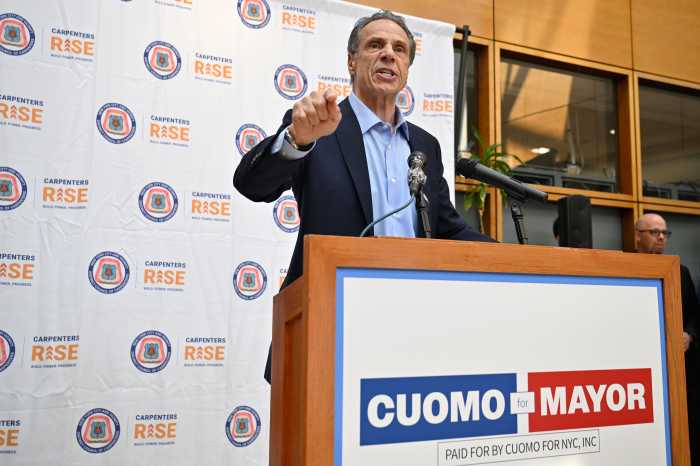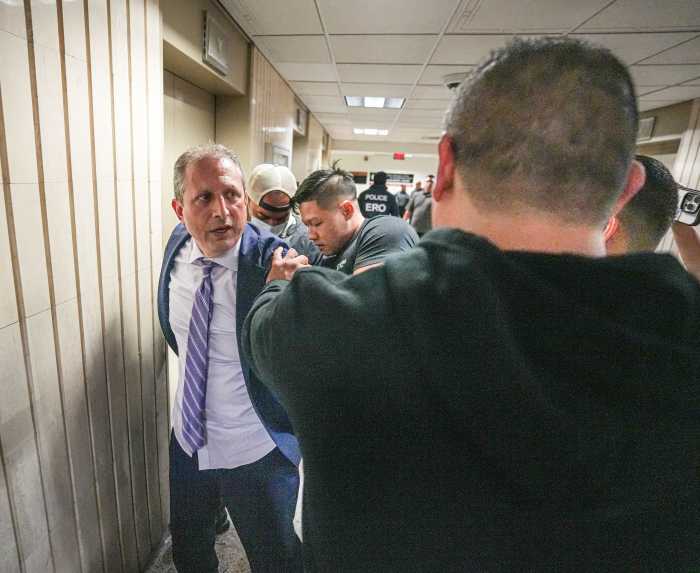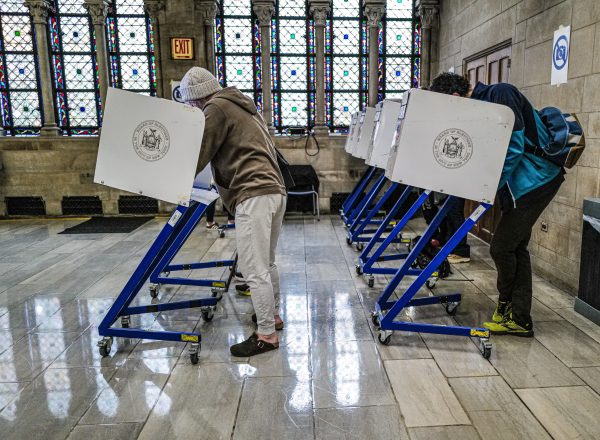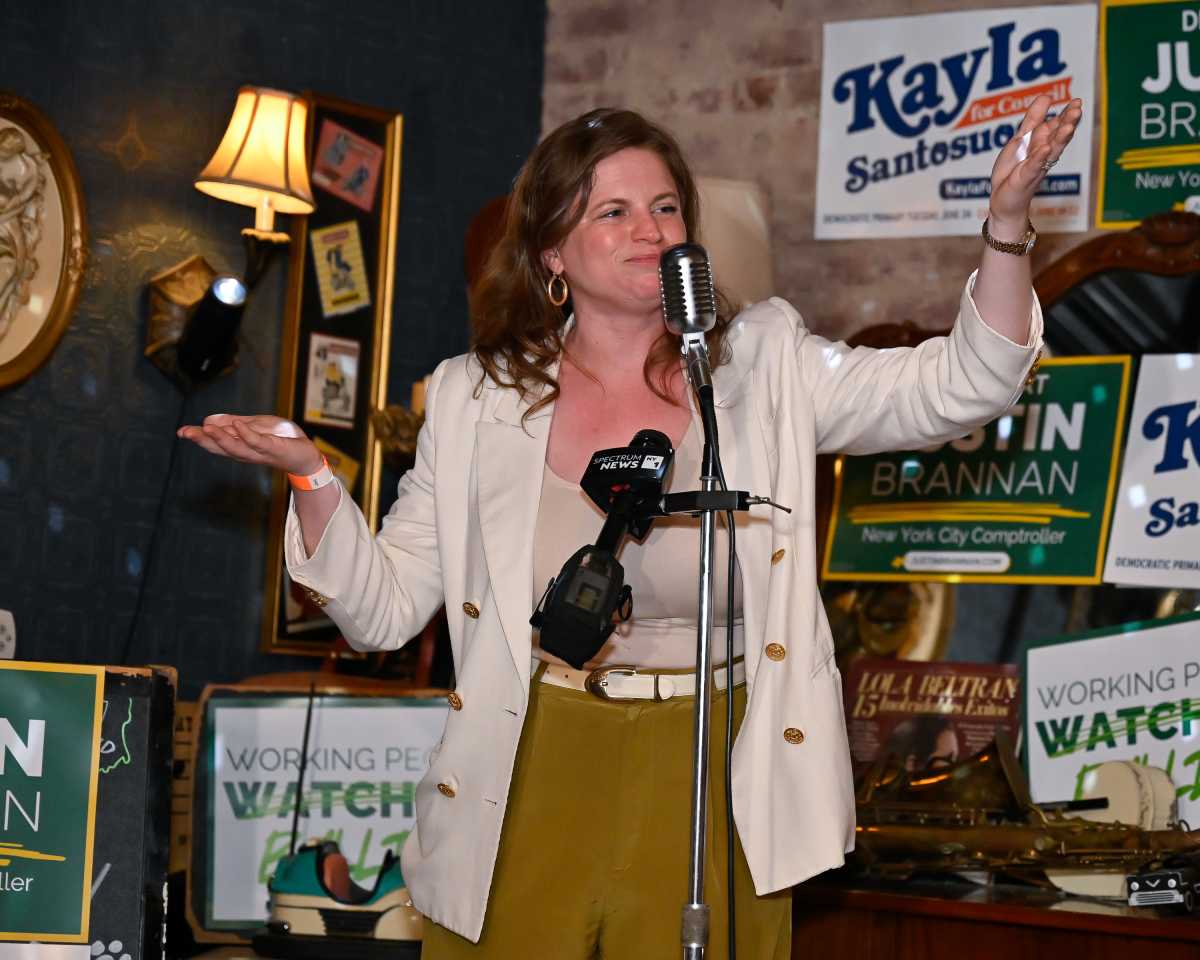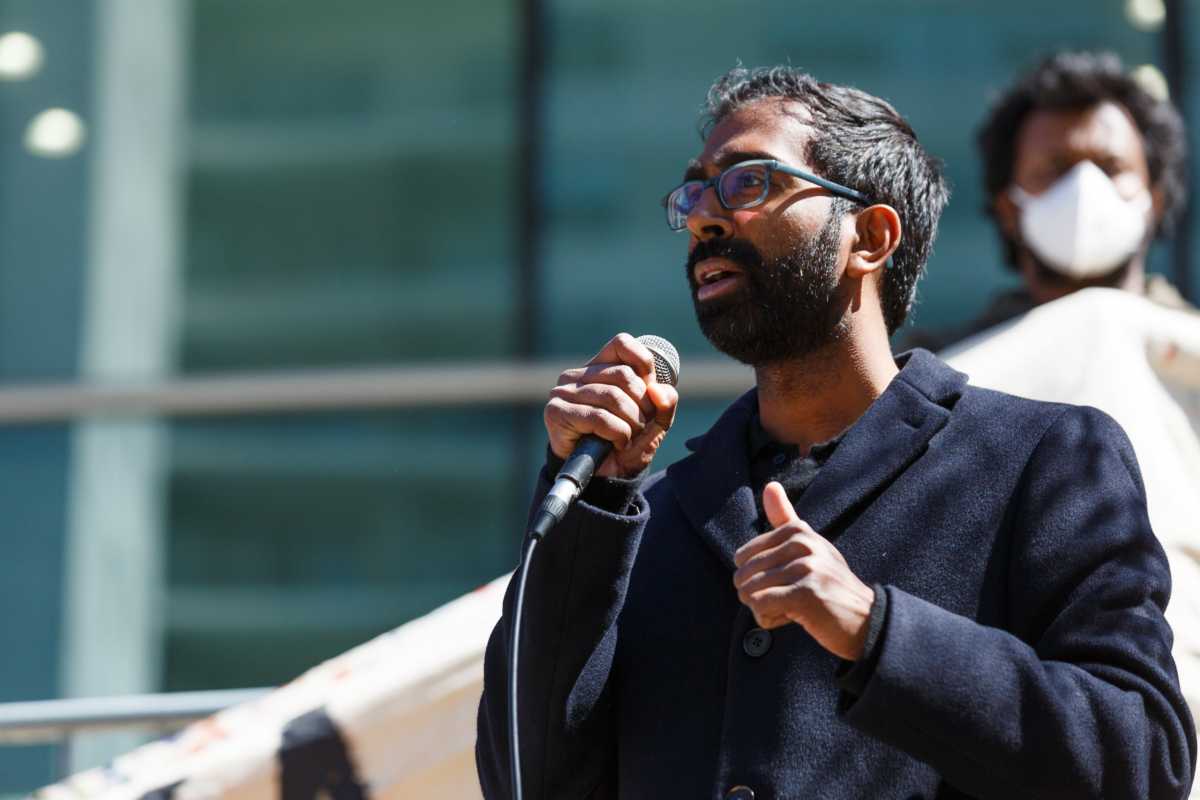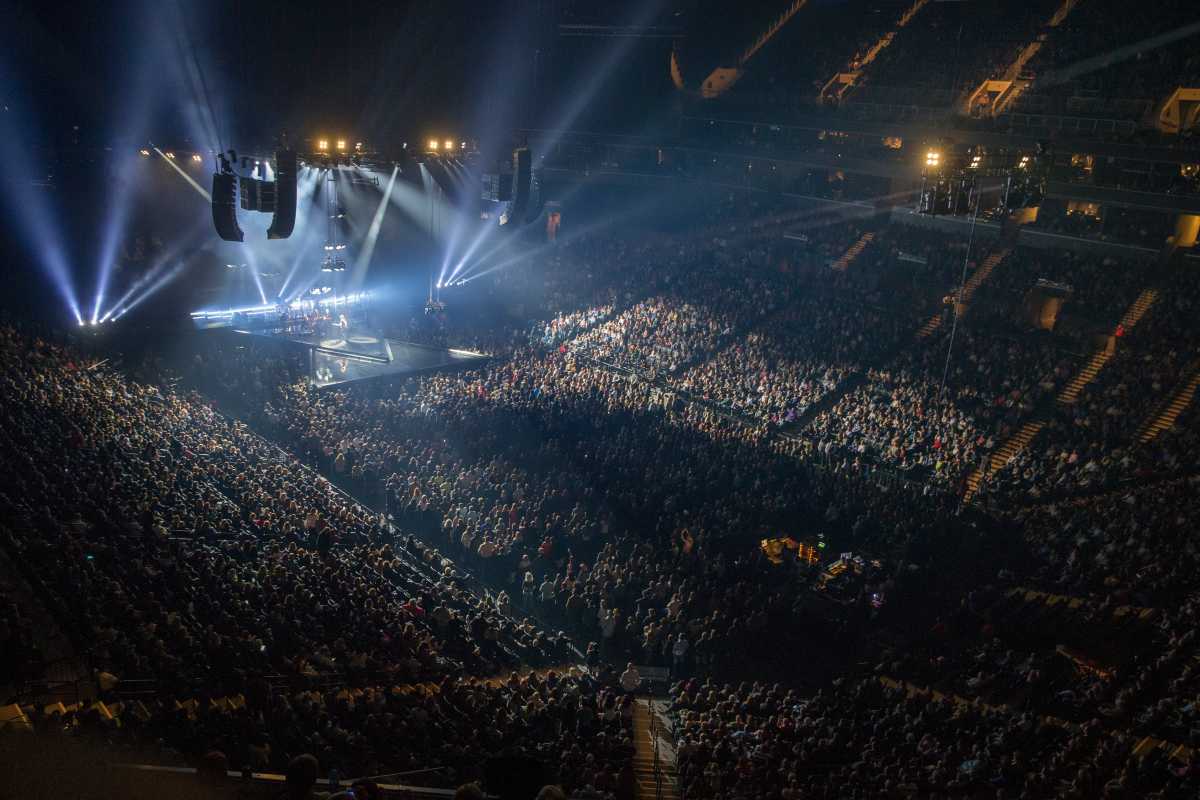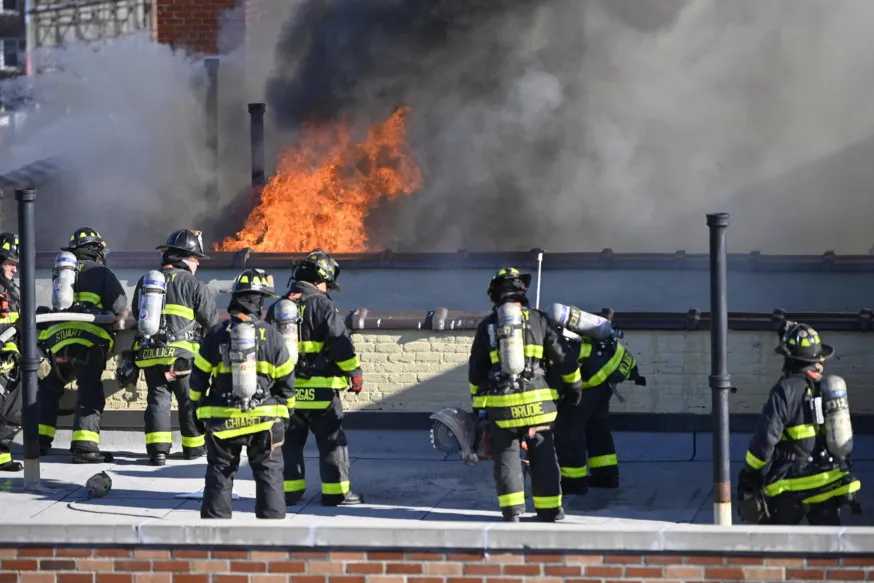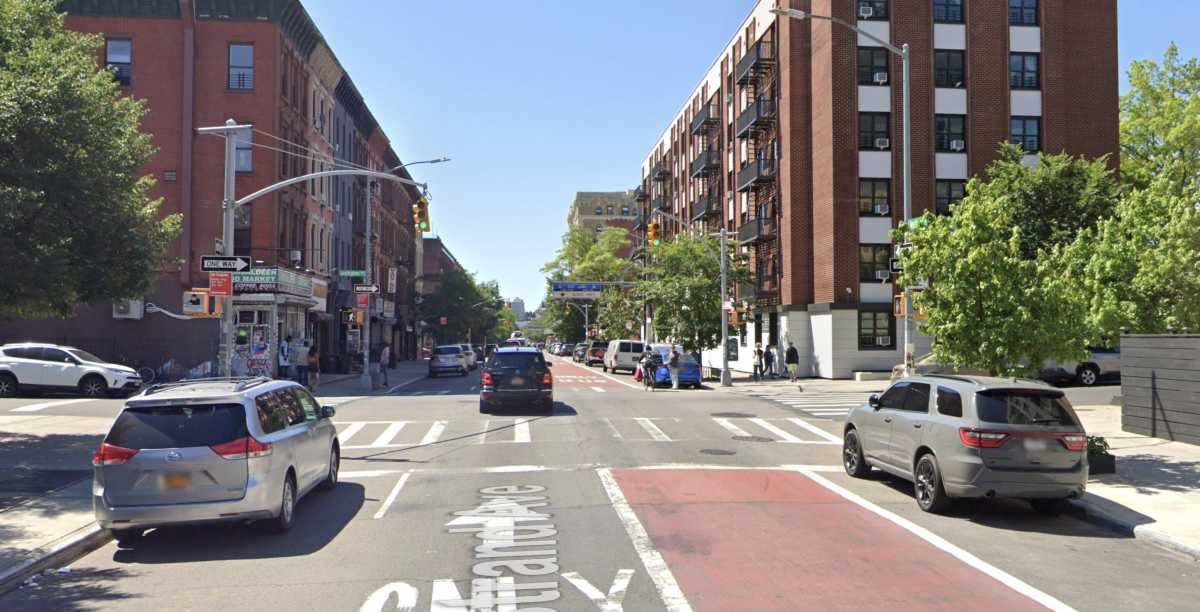
With a federal government happy to essentially ignore climate change, cities and states are forced to the front. Mayor Bill de Blasio has accepted that challenge and on Monday released his plan to commit NYC to the principles of the Paris agreement, the landmark deal meant to limit devastating increases in global temperatures.
It’s the right time to think big, and the plan includes smart steps over the next three years. Some of those actions have been previously announced, such as a plan to cut greenhouse gas emissions from large buildings that de Blasio unveiled last month. That’s a particularly important issue in NYC, where roughly 70 percent of greenhouse gas emissions come from buildings — far more than from cars and trucks, for example. De Blasio’s plan would require large buildings to upgrade heating and cooling systems such as boilers, water heaters and windows and reduce climate emissions to a certain standard by 2030 or face penalties. This could result in a 7 percent emissions decline by 2035, according to City Hall’s estimates.
Without the ability to more fully shift New York’s power to clean energy, or the national scale to negotiate treaties, this is one of NYC’s sharper tools to address climate change. But concerns remain. De Blasio unveiled his proposal without support or much consultation with the City Council, even though it requires legislation to go into effect. Tricky questions that have stopped proposals like this in the past have not been solved, even weeks after the original announcement that made it sound like a done deal. For example, upgrades could count as “improvements,” allowing landlords to raise rents despite rent-regulation laws. And some environmental advocates say the regulations should be stricter to increase the single-digit emissions decline de Blasio predicts.
De Blasio did not have many details when he announced the regulations beyond saying, “We have to act urgently.” Most urgent is the need for a well-conceived and workable plan. We look forward to seeing such a plan come to fruition as New York does its part to transition to a more environmentally responsible world.




